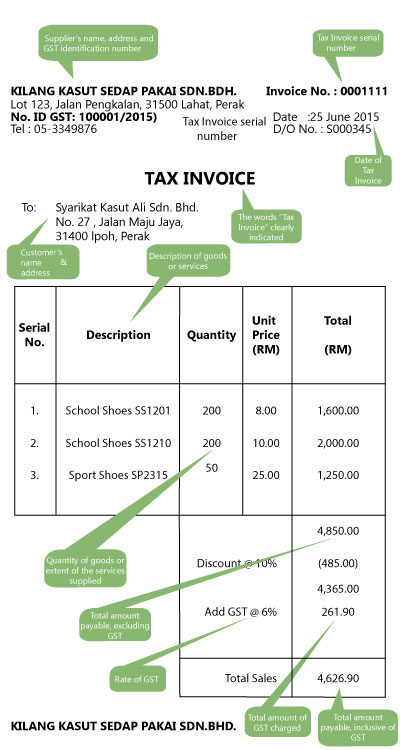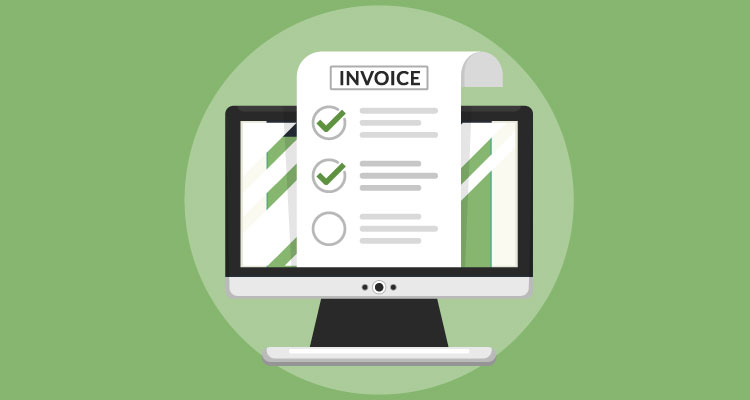Every business needs to have an invoicing strategy, but every business is different. Some have huge client bases and send out tons of small invoices on a regular basis, and some work with a handful of clients and invoice only periodically, because they work on bigger jobs. Some bill monthly on a retainer, while others need itemized lists. Bottom line, invoicing mistakes made by contractors happen on a regular basis.
Contractors are an especially challenging niche when it comes to invoicing, because they tend to provide work on a per-job basis, and oftentimes work for themselves. This makes them prone to a number of mistakes and inconsistencies—but if you know what vulnerabilities you’re exposed to, you can take proactive measures to correct them.
Table of Contents
ToggleContractors’ Invoicing Woes
The nature of contract work often makes invoicing more difficult than it has to be:
- One-off jobs. Contractors often work for clients and customers with one-off jobs. They might need a quick inspection, or a piece of equipment that needs to be repaired, but chances are good that it won’t be a regular occurrence, and every job will be a little bit different. That makes it harder to come up with a consistent invoicing process to follow (and adhere to over time).
- Few monthly retainer opportunities. Services that bill monthly, with a standard retainer, have it easy when it comes to accounting. All they need to do is prepare one invoice and duplicate it, ad infinitum, for each client (for the most part). In the contracting world, this is a rarity, which means you’ll need to create a new invoice for every client and every job you get.
- Single-person operations. Many contractors are also single-person operations, or else they employ a limited number of people. This makes it difficult to hire an entire accounting team, or even one accountant, so many contractors end up trying to follow best accounting practices on their own, with no previous experience. This often makes them more prone to common accounting mistakes.
- Multiple unique services. Contractors rarely specialize to the point that they only offer one service. Instead, they offer a wide range of different services, which makes it hard to standardize your itemization in invoices.
- Physical vs. digital. Many contractors often deal with physical, in-person work, such as maintenance, and therefore prefer a physical method of invoicing—such as pen and paper. This makes it harder to store and retrieve records, and harder to remain consistent compared to having a dedicated piece of accounting software to standardize these things on your behalf.
The Biggest Invoicing Mistakes Made By Contractors
These are some of the most common mistakes that contractors make when invoicing, often because of the aforementioned accounting complications:
-
Inconsistent formatting.
One of the simplest, yet most common contracting invoice mistakes is inconsistent formatting, often due to multiple root causes.
The differing nature of individual jobs might force you to list things in different ways or in different orders, or your employees might each have a signature way of mapping out an invoice. In any case, inconsistent formatting can be confusing to customers and might present hurdles when you run a quarterly or annual financial analysis.
Plus, it may look unprofessional and uncoordinated. If you want to make a good impression with your customers, you need your entire team following the same formatting rules. -
Inconsistent pricing schedules.
For product-based businesses, pricing is relatively straightforward. You’ll have a fixed sales price for each item, and the only variance is usually based on volume. Contractors, however, typically sell services, rather than products, and pricing can fluctuate heavily depending on what’s involved with the service.
For example, some items like annual plumbing inspections might consist of the same standard tasks—and therefore might take a fixed amount of time—but fixing a leak may take 15 minutes or several hours, depending on the root of the problem and the person attempting the repair.
Obviously, you can bill hourly, but you’ll still need some consistency in terms of what you consider “billable hours,” how you track, and what services qualify to be billed at an hourly rate. If you’re inconsistent with these pricing schedules, you’ll end up with inconsistent invoices and unhappy, confused customers. -
Illogical line items and categories.
You may also have illogical or inconsistent line items and categories. For example, an auto mechanic might list “auto parts” as a general category on one invoice, or specific part names like “brake rotors” on another one. If you’re buying these parts wholesale from a manufacturer who organizes these product names and categories differently than your business, this makes things even more complicated. Services, too, need to be categorized to keep your accounting straight and give your customers more information. For example, is your “repair work” going to be billed hourly? Ideally, you’ll have some kind of system that enables you to manage a handful of broad categories that successfully and logically group every product or service you’d feasibly sell to your clients.
-
Improper employee training.
Improperly trained employees are one of the biggest problems on this list, because it could theoretically lead to literally any of the other problems. If your employees don’t understand that your invoices need to be created in a consistent format, or if they don’t understand your categorical hierarchies, of course, they aren’t going to invoice your customers properly.
Investing the time to train your employees properly will ensure that your standards are followed—and don’t be afraid to provide feedback if and when your employees’ individual habits start to drift from the standard procedure. -
Failure to document the invoicing process.
What happens if you aren’t available to answer an employee’s question about how to invoice a particular item correctly? How are employees expected to train newcomers on a rubric beyond their own internal habits and assumptions?
You need to have a formally documented invoicing process for the sake of your contracting business. It should explain exactly what standards need to be followed, how they can be followed, and who’s responsible for their oversight. Developing this documentation may take several hours, but it’s well worth the investment to have a go-to, authoritative resource that answers all employee questions.
-
Failure to tie quoting to invoicing.
Determining how to price your goods and services is one of the most important stages of developing your contracting business. But of course, consistency matters here too. If your quoting system exists entirely independently from your invoicing system, you’ll end up with discrepancies that customers can see.
They’ll have a hard time following how your original estimate ended up as a final invoice, and you’ll end up making more work for yourself in the process. It’s better to keep this system as automated as possible, tying your quoting system directly to your invoicing system. -
Neglecting terms and conditions of payment.
How are you determining the terms and conditions of payment for your invoice? Many contractors simply choose a one-size-fits-all approach, opting for something like net-30 terms and accepting two or three main types of payments.
However, the more flexibility you have here, the better. Different terms have different advantages, and should be used in different situations. Plus, you’ll need to disclose all your terms and payment conditions up front—something not all contractors do when invoicing. -
Unprofessional invoicing systems.
Your invoices should also look professional, for the sake of maintaining your brand image. Something hastily scribbled on a cheap piece of paper doesn’t look like you’ve invested much time or money into your business’s accounting. Instead, a digitally prepared, professionally formatted document with your brand’s watermark would leave a memorable impression.
Modern accounting software is also faster and more convenient than by-hand preparation.
-
No follow-up protocol.
Do you have standard procedures in place for following up with clients who refuse to pay their invoices in a timely manner? You should, because sooner or later, it’s going to happen. Without a follow-up procedure, you’ll end up losing that income, and your cash flow could become compromised enough to jeopardize the business. Start with a reminder after the initial payment period has passed, and remain calm and polite throughout the process. Set automatic reminders a few days and a few weeks out, so you can escalate the situation if necessary.
Do Contractors Need a Dedicated Accountant?
When you look at all the complexities and extra considerations you’ll need to bear in mind with your business’s invoicing, you may consider hiring an accountant for your business. There are many advantages to this approach; you’ll have someone with reliable expertise taking the helm, you’ll be guaranteed some degree of consistency in all your mathematical work, and best of all, you’ll get to spend more time focused on the work you do best. However, you’ll also be paying an extra salary, and you may find their accounting preferences differ from what you’re used to.
Regardless of whether you hire a dedicated accountant for your contracting business, you’ll need to invest the time and/or money necessary to keep your invoicing practices consistent. Without a reliable, practical invoicing system, you won’t be able to collect your revenue, your profitability could be compromised, and you might even lose your customers’ faith and loyalty.



















